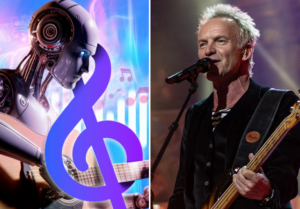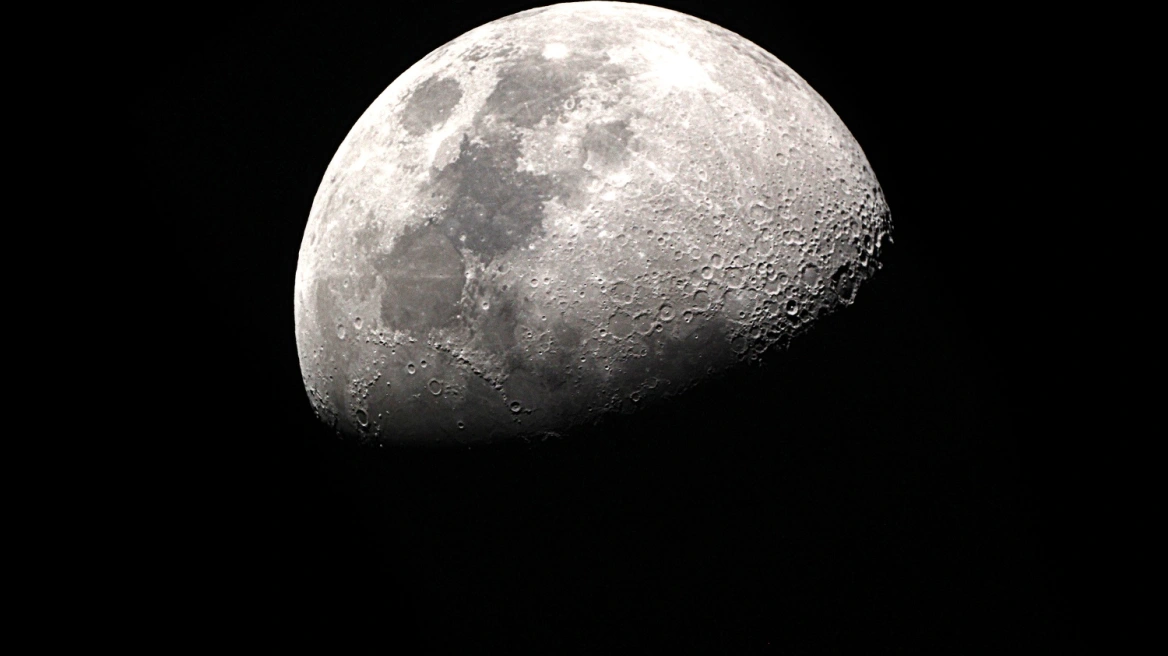A massive uproar has been caused in the musical and literary circles of Britain by the government’s new draft bill, which is still under consultation, that exempts Artificial Intelligence (AI) companies from their obligations under the current intellectual property law. The bill essentially allows these companies to use creative content (music, lyrics, texts) without the artists’ permission to train their models.
Just a few months after the major lawsuit filed by the music giants Sony Music, Universal Music Group, and Warner Records against two AI companies for the massive theft of their recordings, claiming compensation of hundreds of millions of euros, leading musicians, singers, and authors—including Paul McCartney, Elton John, Sting, Kazuo Ishiguro, Ed Sheeran, and Dua Lipa—are sounding the alarm about the future negative consequences of the unchecked use of AI in both the artistic community and the broader British economy.
“The government’s proposal to exempt AI companies from adhering to copyright obligations is an outright surrender of rights and revenues from the creative sectors of the UK to the tech giants,” they warn in their open letter, which was published today in The Times.

The creators emphasize that this draft bill will not only harm the UK’s global leadership in the field of artistic creation—an industry that generates significant profits for the domestic economy—but will also significantly increase unemployment. “The strong intellectual property system in the UK is one of the main reasons why many creators work in Britain, bringing in the necessary internal investments. The creative industries contribute £126 billion to the UK economy annually and employ 2.4 million people, 70% of whom live outside of London,” they explain.
Without outright opposition to the new AI tool, they call for its rational and controlled use so that it does not cause more problems than it solves: “The creative industries of Britain want to play their part in the AI revolution, as they have with new technologies in the past. But for this to succeed, it must be done from a stable foundation of intellectual property. Otherwise, Britain will lose its best opportunity for growth,” they argue and add categorically, “There is no moral or economic argument for the theft of our intellectual property. Its withdrawal will destroy the industry and steal the future of the next generation.”

The twist with Sony Music, Universal Music Group and Warner Records’ lawsuit
It should be noted at this point, however, that the lawsuit filed by Sony Music, Universal Music Group, and Warner Records may not have exactly the same objective as that of the artists. It is widely rumored that these companies actually want to secure the exclusive right to use the content they own to train their own AI tools. This would once again lead to the practical replacement of musicians and artists by AI tools that could mass-produce content at virtually no cost…
The Protest of Silence
At the same time that voices against the reckless use of AI are growing louder worldwide, a group of British artists—including Annie Lennox, Kate Bush, and Hans Zimmer—chose to express their opposition to the bill with a symbolic and admittedly original approach.

They released a silent album, featuring recordings from empty studios and concert venues, questioning through its title: “Is This What We Want?“
Ask me anything
Explore related questions





